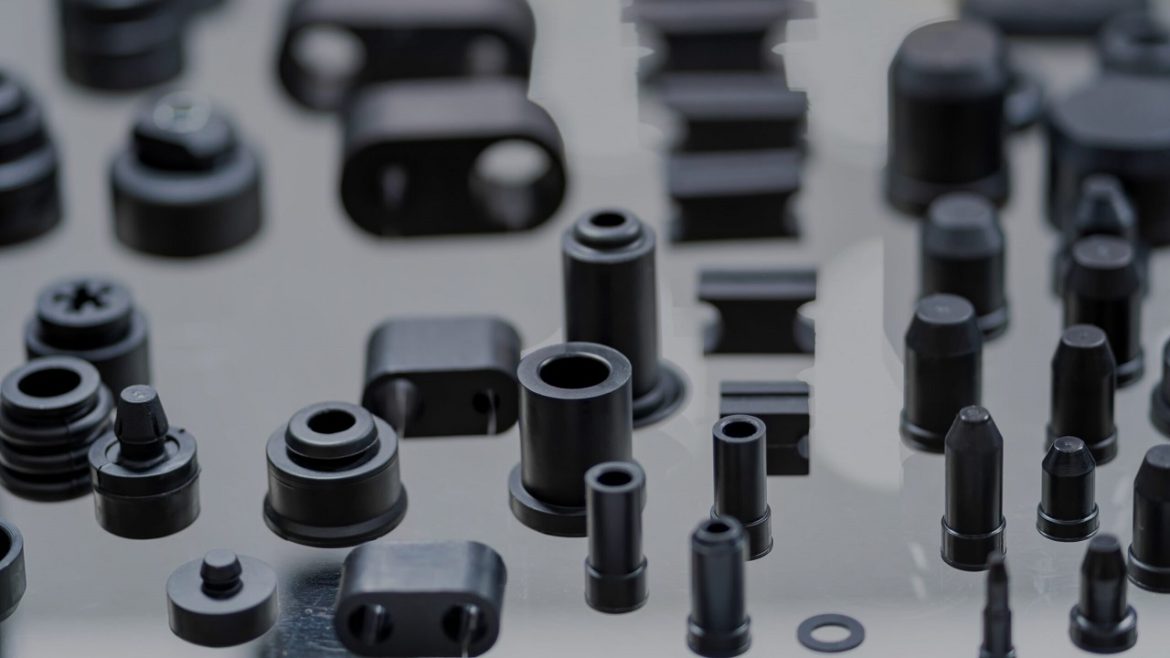In the dynamic landscape of manufacturing, Kemal stands at the forefront of innovation and adaptability. As the industry continues to evolve, one aspect gaining increasing prominence is low-volume production. This method, often overlooked in favor of mass production, offers a unique set of advantages that are reshaping the way businesses approach manufacturing.
What Is Low-Volume Production?
Low-volume production, as the name suggests, involves the manufacturing of a limited quantity of products or parts. This approach is in contrast to mass production, which focuses on high-volume output. Low-volume production is characterized by its flexibility, cost-effectiveness, and ability to cater to specialized needs.
Customization without Compromise
Kemal’s expertise in low-volume production allows businesses to enjoy the benefits of customization without the constraints associated with large-scale manufacturing. Whether it’s crafting prototypes, meeting niche market demands, or addressing design changes mid-production, low-volume manufacturing provides the flexibility to adapt swiftly.
Reduced Initial Investment
One of the key advantages of low-volume production is the reduced upfront investment. In mass production, high tooling and setup costs can be a barrier for many businesses, especially startups and those exploring new product lines. Low-volume production minimizes these costs, making it an accessible option for a broader range of enterprises.
Faster Time to Market
In today’s fast-paced market, time is of the essence. Low-volume production allows businesses to get their products to market more quickly. With shorter setup times and production runs, Kemal’s low-volume manufacturing capabilities help reduce lead times and accelerate the product development cycle.
Cost-Efficiency
Contrary to the misconception that low-volume production is prohibitively expensive, Kemal’s efficient processes and skilled workforce ensure cost-effective solutions. Businesses can enjoy the benefits of small-batch production without breaking the bank.
Quality Control and Refinement
Quality control is paramount in manufacturing, and Kemal takes pride in maintaining the highest standards. In low-volume production, meticulous attention can be given to each item, ensuring consistent quality. This approach is particularly valuable for industries with stringent quality requirements, such as aerospace and medical devices.
Market Testing and Iteration
Low-volume production offers a practical way to test new products or concepts in the market. Businesses can gauge customer response, identify potential improvements, and refine their offerings without committing to large-scale production. It’s a strategic approach that minimizes risk and maximizes market readiness.
Sustainability Considerations
As sustainability becomes a priority for consumers and businesses alike, low-volume production aligns well with eco-friendly practices. Minimizing waste and reducing the carbon footprint are inherent advantages of producing only what is needed.
Tailored Solutions Across Industries
Kemal’s low-volume production services cater to a diverse range of industries, including aerospace, automotive, medical devices, electronics, and more. This versatility underscores the adaptability of low-volume manufacturing in meeting the unique demands of various sectors.
Conclusion
In an era where customization, speed, and cost-efficiency are paramount, Kemal’s expertise in low-volume production stands as a testament to the versatility of this manufacturing approach. It offers businesses the best of both worlds: the ability to tailor products to their specific needs while maintaining the advantages of efficient production processes. As the industry continues to evolve, it’s clear that low-volume production is more than just a niche; it’s a strategic choice that empowers businesses to thrive in a dynamic and competitive marketplace.
